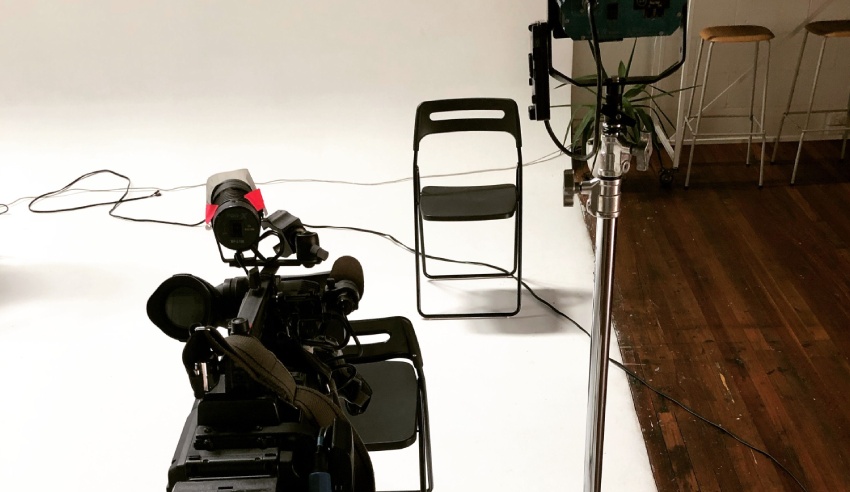In the legal profession, a call from a journalist can either be heart-stopping or great news, depending on the case. Here’s what you need to know when that call comes, writes Jo Stone.

Journalists find out about legal proceedings in all kinds of ways, from tip-offs, gossip, and social media posts, to legal contacts, court lists and official document lodging. These might be triggers for media attention you’d rather avoid, but given most of the time it is the result of legal steps you must take, it means a lot of media coverage is out of your control.
1. Buy time: let the journalist know you’ve got their message
A quick text or email reply to say you have the message is an important start. This lets them know you haven’t missed their message or ignored their call. Journalists most often work to daily or even hourly deadlines, so not replying to a journalist can sometimes lead to a line like “refused to comment”. It may be the case you don’t want to comment, but buying some time to work out an appropriate response will mean a better thought-out reply. You can also ask for more details or for the opportunity to respond to written questions.
2. Is it good for the case?
The integrity of the case should always be the priority. You need to ask yourself a few questions: is media attention going to help or hinder the legal process? Is it appropriate for legal representation to comment in this instance? How will the court view your decision to comment or appear in TV interviews during the proceedings? Sometimes media coverage might be helpful in putting a spotlight on poor behaviour or raising important social issues. Other times, it is better to let journalists take the commentary from your legal documents, and you focus on winning the case.
3. Is it good for the client?
Journalists love case studies to humanise the legal jargon and help them tell the story, so your client is really the person they want to speak to, but not every client is right for media attention. They might be too emotionally fragile or struggling with mental health issues, or have an injury and be too unwell to speak to a journalist. The client might also present too much risk to the case. Are they likely to go “off script” and say something that will put the case in jeopardy? Perhaps they simply don’t want to face the media at a low point in their lives – there is a lot to consider before you make your client available for an interview. You should also check with your client if they are happy for you to speak to journalists on their behalf.
4. Is it good for the firm?
It is always worth “upward referring” the request for media interviews to check if your firm is happy to be publicly involved in the issue surrounding the case. For example, if it is a gender discrimination case – does the firm have a public position on this issue? Is there any risk of reputational damage? Has there been a similar claim brought by one of your firm’s own employees? Is this a case that is likely to garner negative attention on social media? If so, how will you deal with the backlash? What responses will you make, and does the firm have the staff to manage those channels?
5. Are there any potential legal minefields?
Not every case is straightforward, so take the time to check through the file to see if there are any legal issues that will be ignited by media coverage or public comment. This can include previous non-disclosure agreements or court rulings, issues naming defendants and/or plaintiffs, risk of defamation or current events that might bring extra or perhaps unwanted attention to your case. Current events can include social campaigns like #metoo if you are making a sexual harassment claim or defending a client accused of fraud when there have been new laws introduced. This can give your case extra currency in the news cycle.
6. Prepare key messages and practise
Key messages are basically the things you are happy to say about your case and those need to be in layperson terms or conversational language. Think about what you can and can’t say. It helps if you have nutted those details out before you speak to the journalist to keep your interview on track. It is also good to think of ways you can respond to questions you don’t want to answer! My top piece of advice is: don’t wing it! Even the most experienced media commentators prepare and rehearse.
7. Checklist to be media-ready: media training, headshots, branding, appropriate location, and cancel your meetings!
There are a few things you can do to be media-ready so that you aren’t blindsided by a journalist’s call. You can prepare a firm spokesperson with media or presentation training. You can organise and update headshots of the lawyers, making sure you have smiling and unsmiling photos – not everything is a happy news story! Do you need some branded signage or pull-up banners for lawyers to stand in front of, especially for TV interviews? Do you have a quiet location away from the noise in your office? And if you have pre-empted the media interest and you know there will be calls from the media, then clear your diary! Journalists are inevitably on a deadline and can’t always wait until 5pm for a response.
The media can be an incredibly powerful tool; it can change laws and change lives with just a few column inches. It can also be damaging to the case, client and firm if not handled properly. If a journalist leaves a message, make sure you’re covering all the legal bases before calling back.
Jo Stone is a journalist, public relations and communications specialist at Sticks & Stones PR.